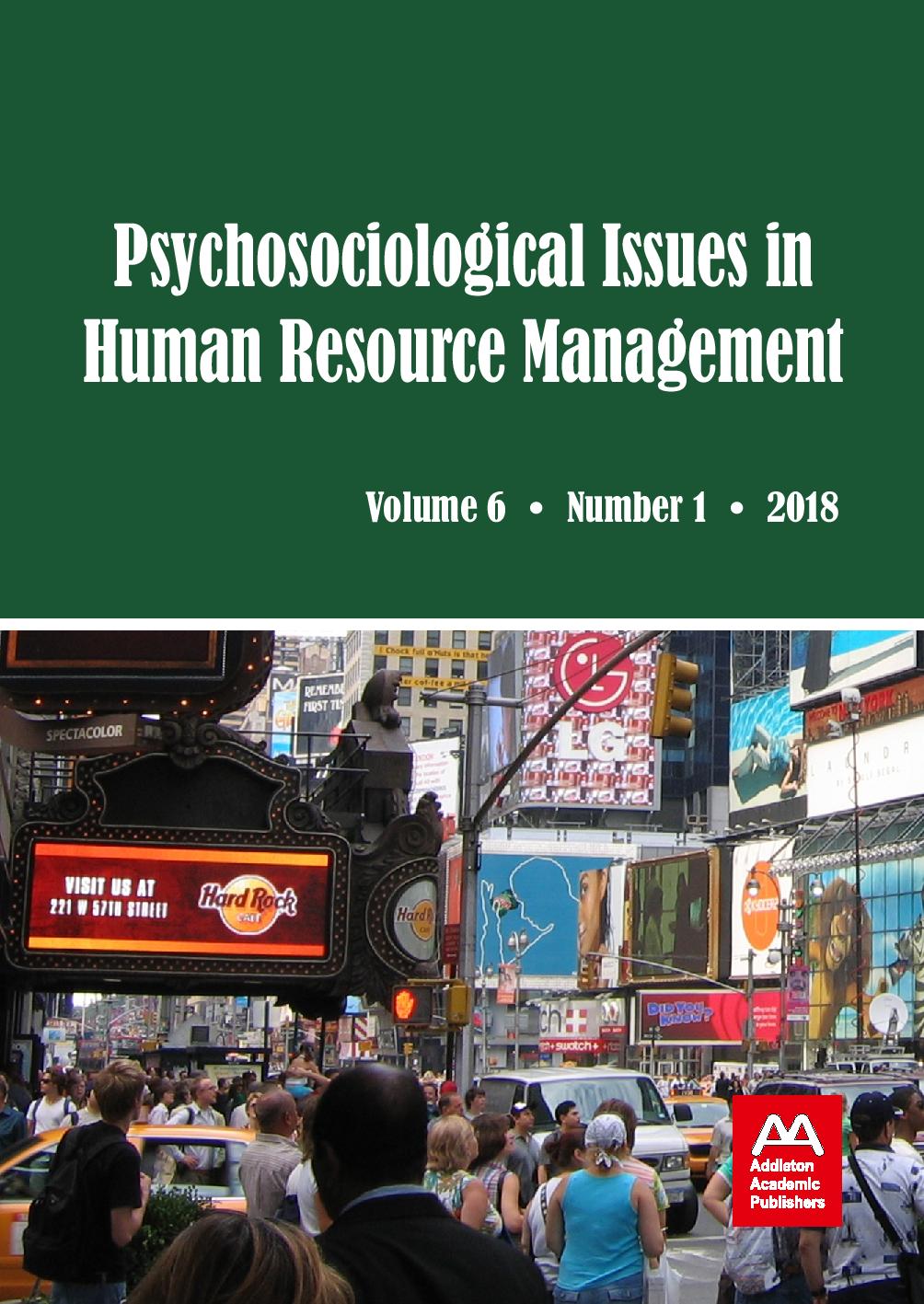DOES GROWING THE NUMBER OF ACADEMIC DEPARTMENTS IMPROVE THE QUALITY OF HIGHER EDUCATION?
DOES GROWING THE NUMBER OF ACADEMIC DEPARTMENTS IMPROVE THE QUALITY OF HIGHER EDUCATION?
Author(s): Hershey H. Friedman, LINDA WEISER FRIEDMANSubject(s): Higher Education
Published by: Addleton Academic Publishers
Keywords: outcomes assessment; metrics; administrative bloat; networking universities; merging colleges; hierarchical organizational structure; responsibility center management; reducing waste in education;silence;
Summary/Abstract: One educator claims that the education system is useless for most students since it does not provide skills or make learning enjoyable. This may be one reason a researcher asserts that half of the 4,000 colleges and universities in the United States will be bankrupt within the next few decades. Colleges have been focusing on meaningless metrics rather than finding ways to make higher education more valuable to employers and students. This paper demonstrates that reducing the number of departments via mergers may benefit a college or university in many ways. It can help reduce wasteful administrative bloat, eliminate the silo mentality, encourage interdisciplinary and multidisciplinary programs and research, and improve organizational agility. Moreover, merged departments have the ability to provide students with a broader outlook than those whose major departments are too narrow. Procedures for determining which departments to merge are also discussed. Colleges and universities have no choice but to become more efficient.
Journal: Psychosociological Issues in Human Resource Management
- Issue Year: 6/2018
- Issue No: 1
- Page Range: 96-114
- Page Count: 19
- Language: English
- Content File-PDF

